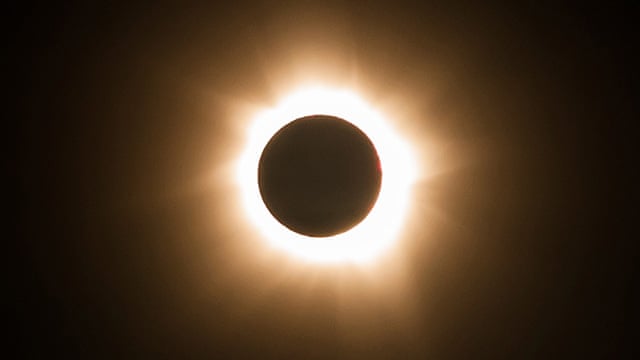In the second act [Cat on a Hot Tin Roof], the family members who have crowded into Brick's room disperse, and he and Gig Daddy are left alone together. During their fraught conversation, Big Daddy suggest, tentatively and with some trepidation, that his son's relationship with his best friends Skipper might not have been entirely normal. Brick responds with a swift disavowal but his detachment has been broken for the first time in the play. At this moment, the playwright himself bursts on the to the page with longest of the many italicized stage directions that exist between the lines of dialogue.
The thing they're discussing, timidly and painfully on the side of Big Daddy, fiercely, violently on Brick's side, is the inadmissible thing that Skipper died to disavow between them. The fact that if it existed it had to be disavowed to 'keep face' in the world they lived in, may be at the heart of the 'mendacity' that Brick drinks to kill his disgust with. It may be the root of his collapse. Or maybe it is only a single manifestations of it, not even the most important. I'm trying to catch the true quality of experience in a group of people, that cloudy, flickering--fiercely charged!--interplay of live human beings in a thundercloud of common crisis. Some mystery should be left in the revelation of character, just as a great deal of mystery is left in the revelation of character in life, even one's own character to himself.1.do you & me know each other, will we ever know each other, and ourselves
2. how social everything is, me in poetry land, how solitary, need to see the experience in a group of people.
3. big deal about Brick, the things that define me, no it might not be the thing that defines him ... is my ex-wife smothering my son Jack with a pillow after she's drugged him with sleeping pills at 12 years old because shes afraid that somewhere in the future he will suffer, she will suffer, and she wants to avoid that. `1 event maybe not even most the important.
Hunger, liquor, need, pieces, wrote. A sense was building in me that there was a hidden relationship between the two strategies of writing and drinking and that both had to do with a feeling that something precious had gone to pieces, a desire at once to mend it--to give it fitness and shape, in Cheever's phrase--and to deny that it was so.
Writing about Marguerite Duras, another alcoholic writer what liked to rake over the live coals of her own experience, Edmund White once observed:
"Perhaps most novels are an adjudication between the rival claims of daydreaming and memory, of wish-fulfillment and the repetition compulsion, Freud's term for the seemingly inexplicable reenactment of painful real-life experiences (he argued that we repeat them in order to gain mastery over them). And as with music, the more familiar the melody, the more elegant and palpably ingenious can be the variations." pg 171imagination alcohol
fantasy alcohol
rewriting tragedy
preserving memory
gaining control over it
As to the role of alcohol in all this: imagine the mixed relief and terror of getting that sequence down. Imagine pressing the words, letter by letter, into the page. And imagine getting up, closing the door to your study and walking downstairs. What do you do, with that sudden space in your chest? You go to the liquor cabinet and you pour yourself a shot of the one thing no one can take from you: the nice good lovely gin, the nice good lovely rum. Click in a cube of ice. Lift the glass to your mouth. Tilt your head. Swallow it.
Hardly any wonder Recovery was unfinished. What a title. What an insane risk.
Excerpts from The Trip to Echo Spring, by Olivia Laing.
pg 173.





